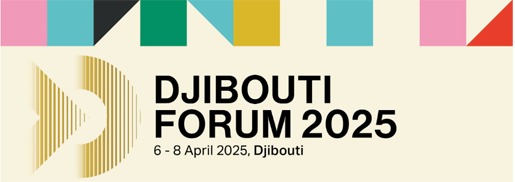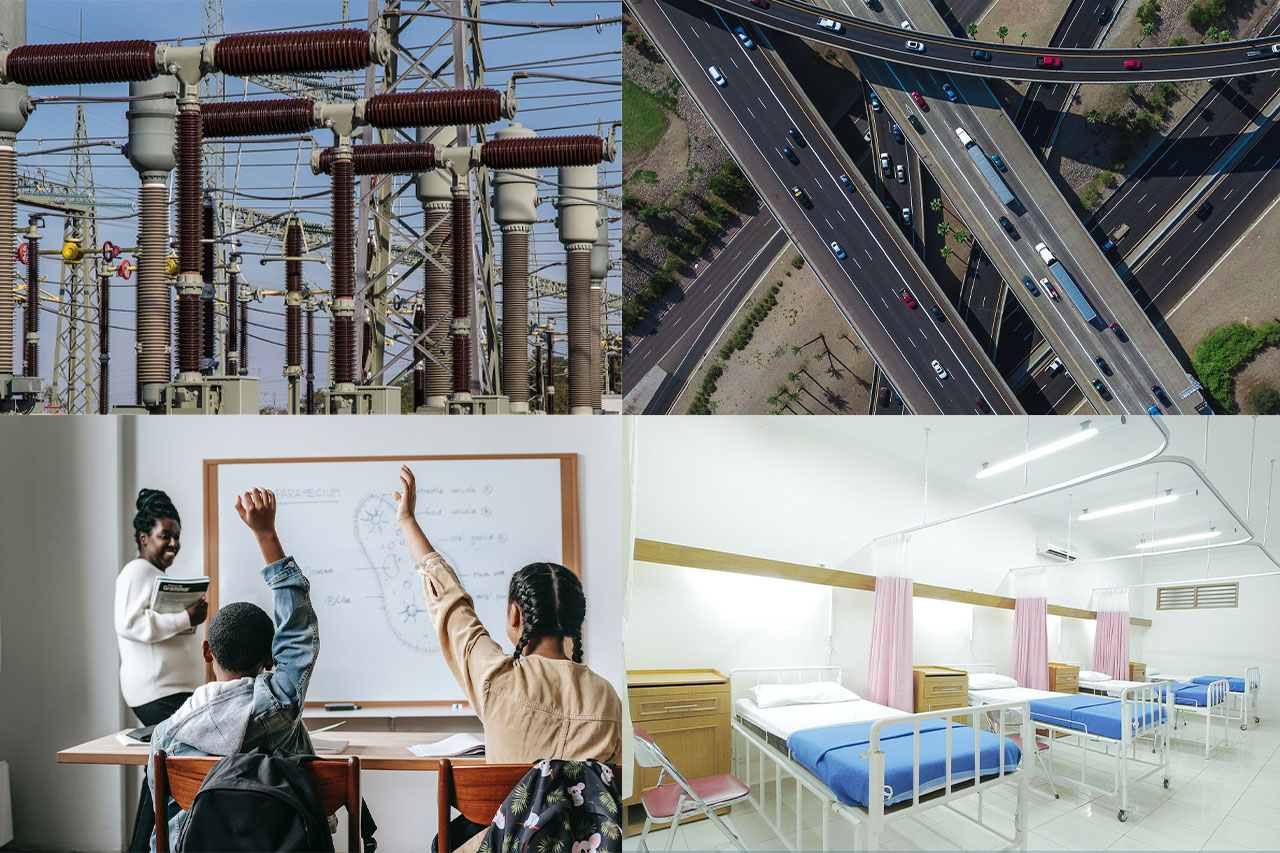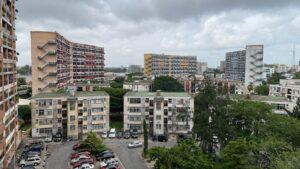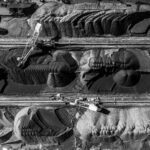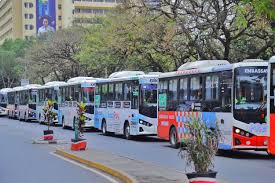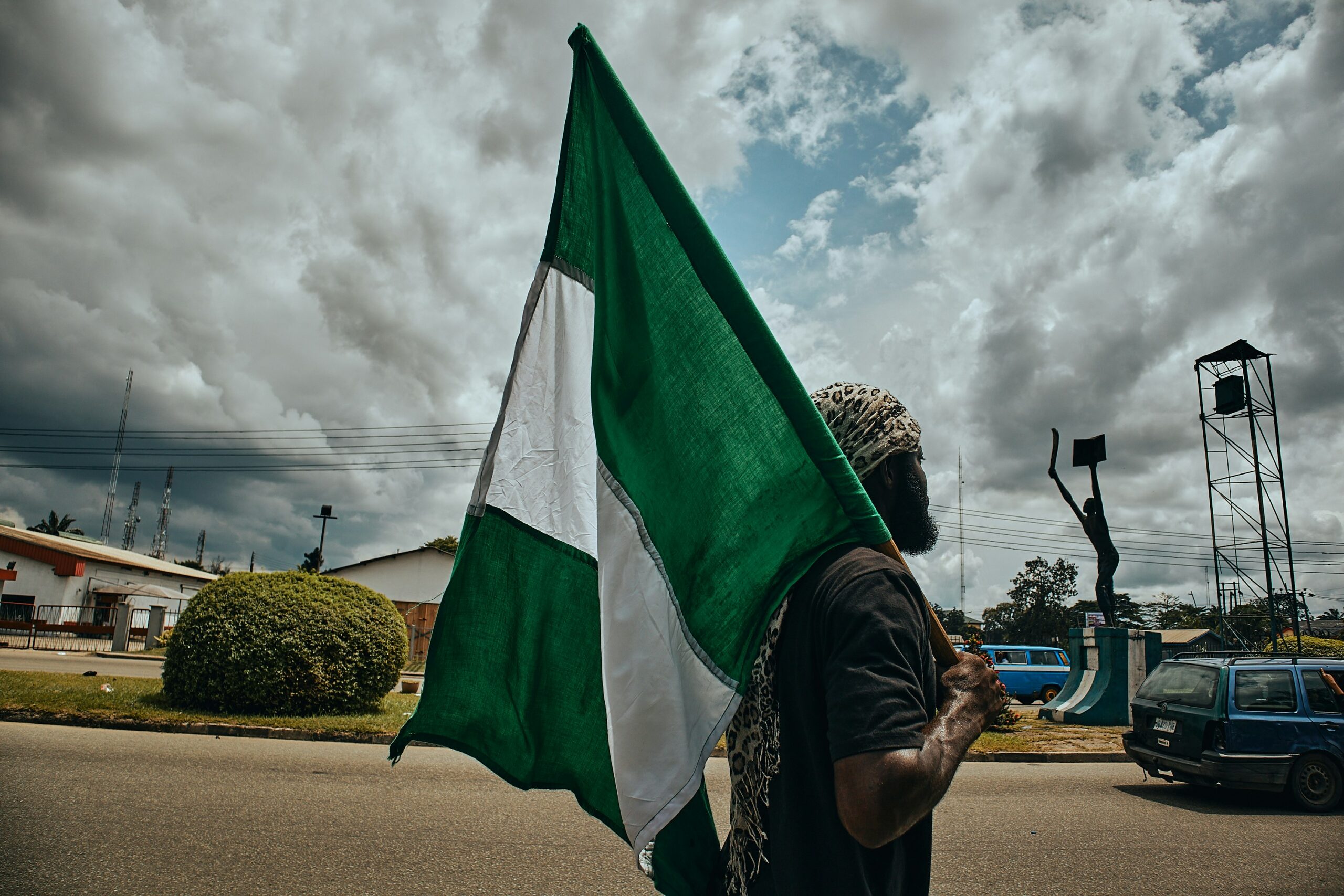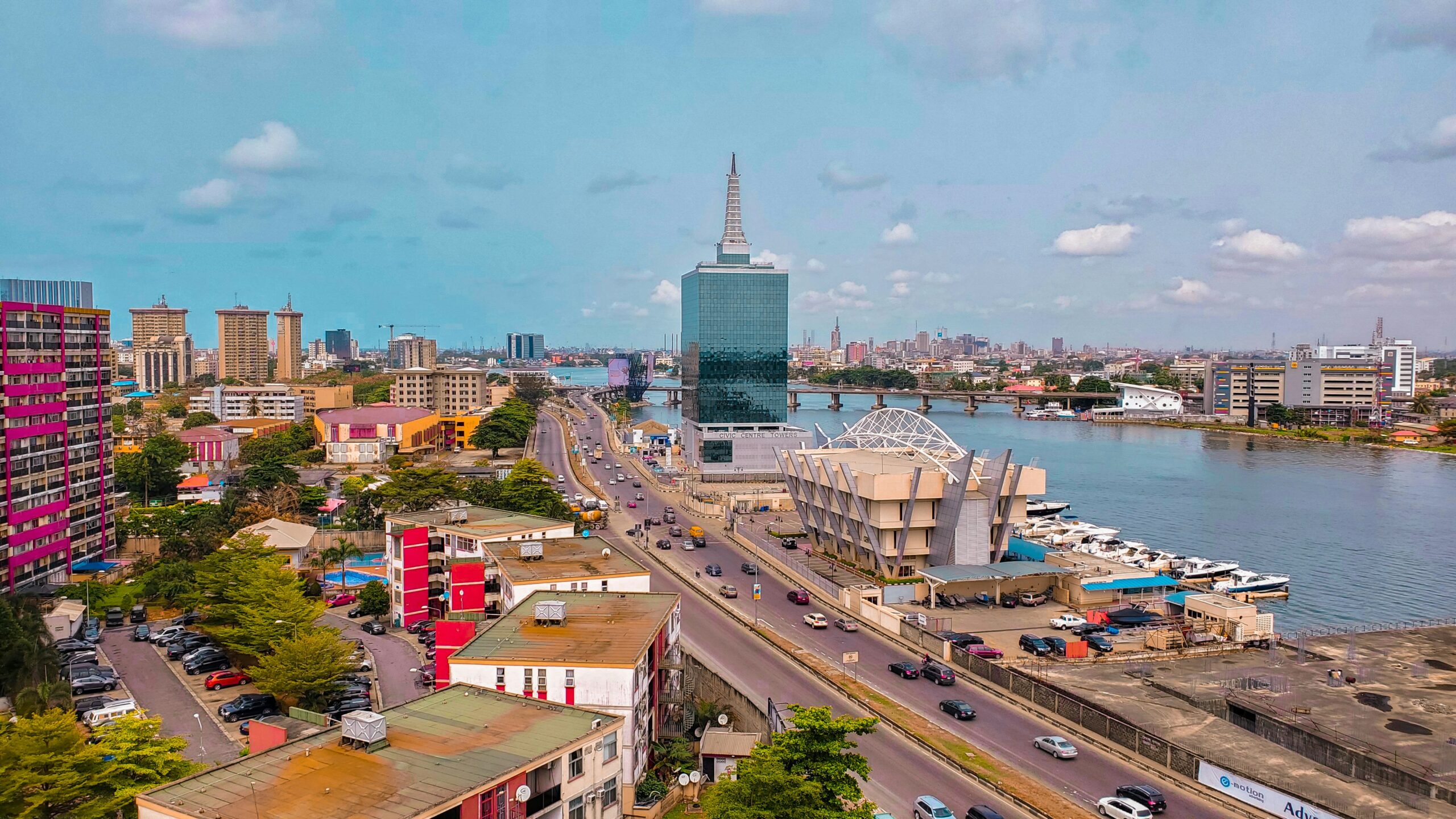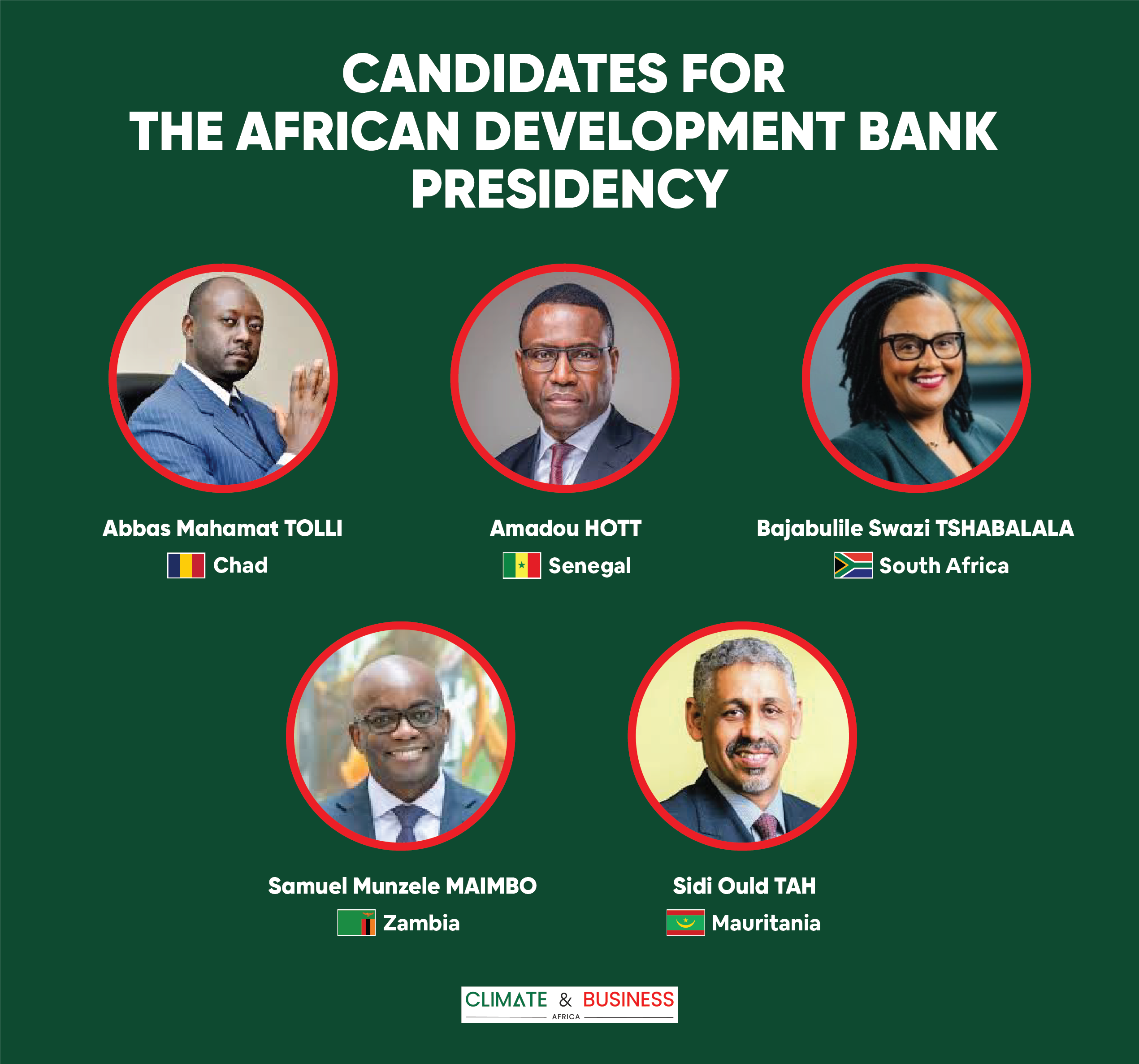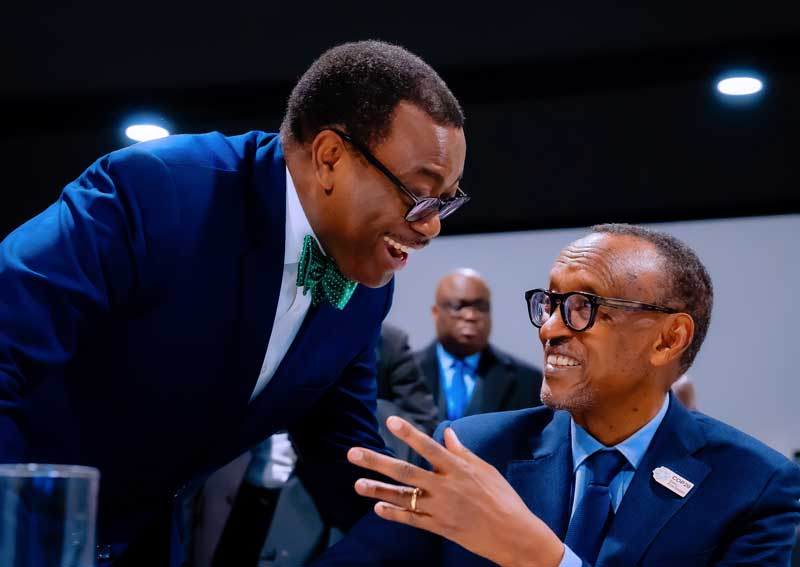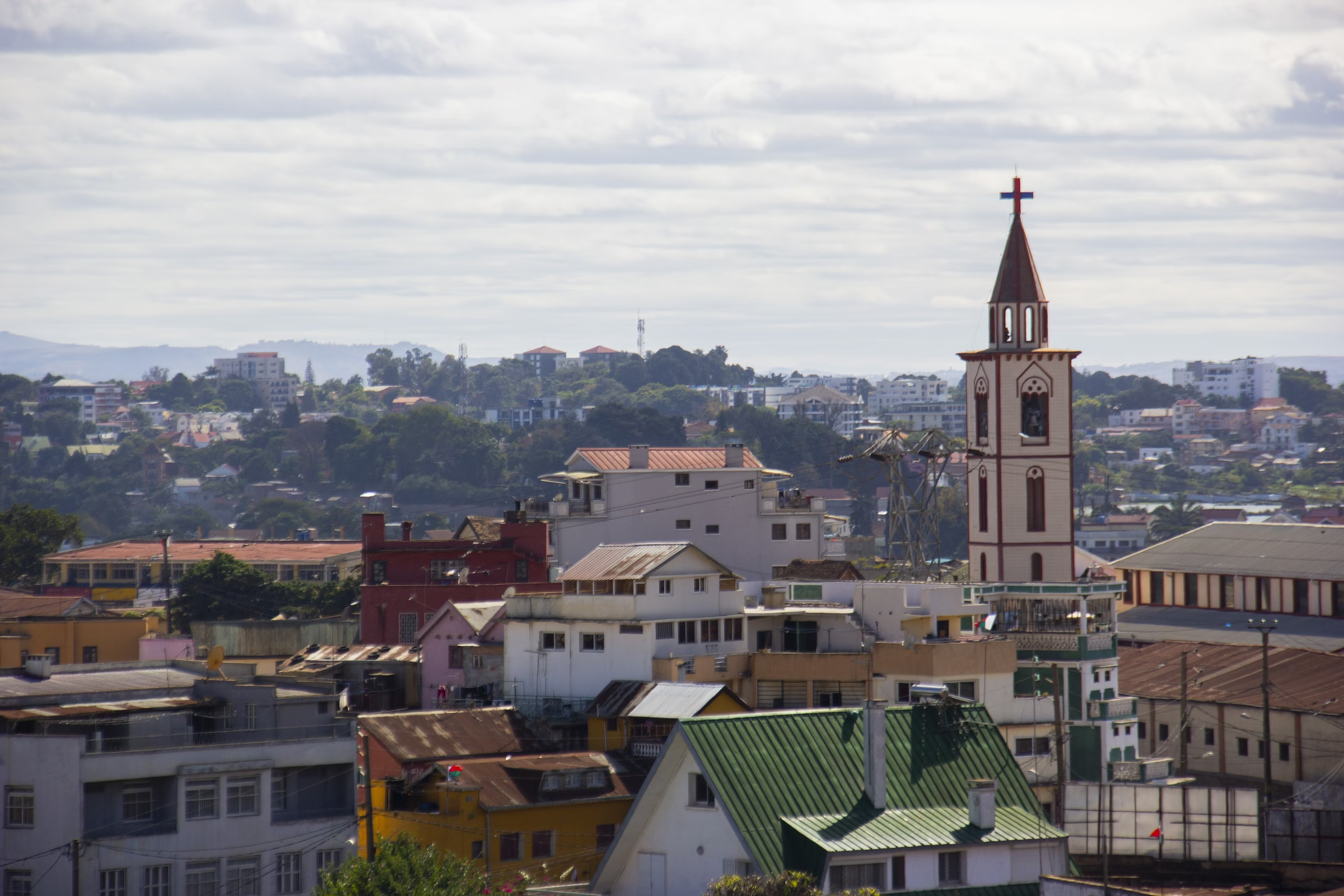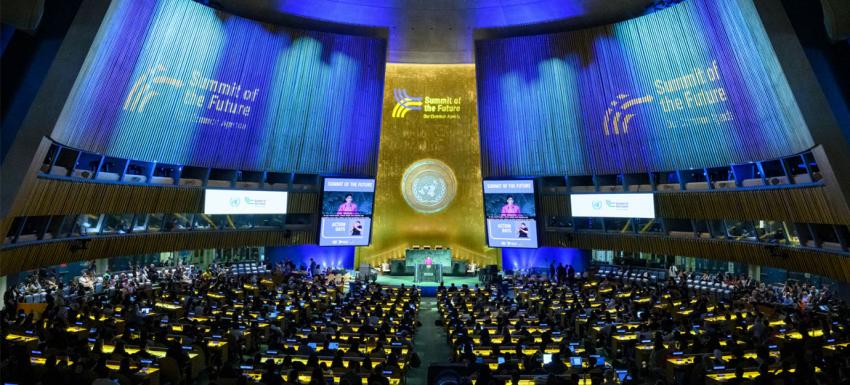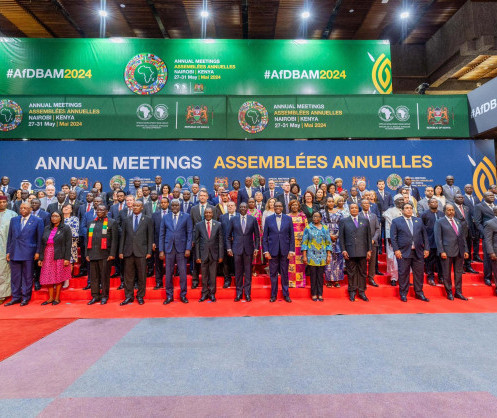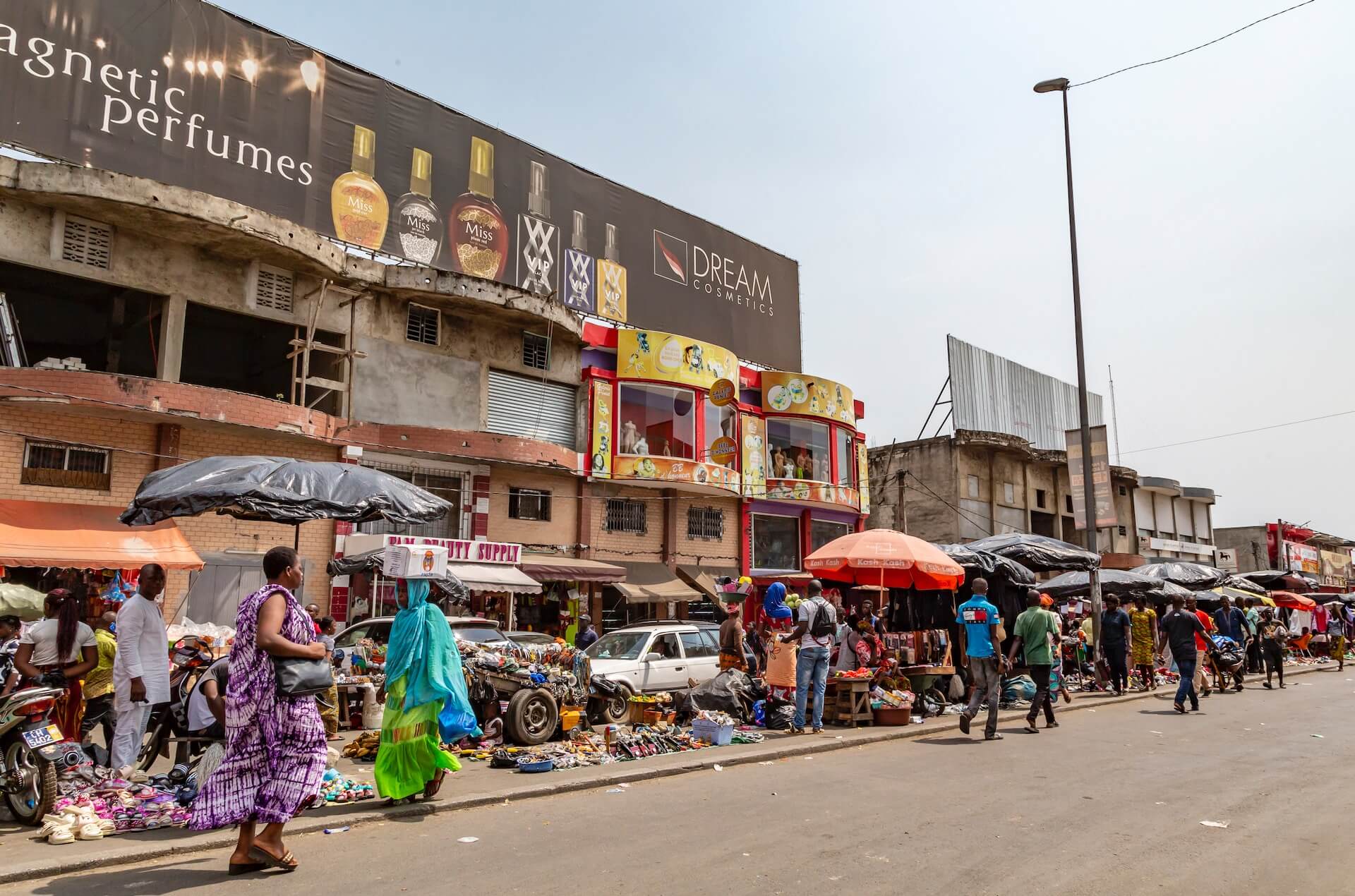At the “Summit for a New Global Financial Pact” (NFP Summit) in Paris, a working group will submit its proposals to improve the financing of infrastructure in order to respond to the social, economic and climate emergency in emerging and developing countries.
Working Group Comprises 60 Public and Private Sector Financial Institutions
As part of the preparation of the NFP Summit, the leaders and experts of 60 public and private institutions have been working for more than three months on ways to strengthen investment in sustainable infrastructure, particularly in emerging and developing countries.
The Working Group on “Increasing Investment in Sustainable Infrastructure in Emerging and Developing Markets” is co-chaired by Khadem AlRemeithi, Executive Director, Infrastructure Department, at the Abu Dhabi Investment Authority (ADIA), and Rémy Rioux, CEO of AFD and Chairman of IDFC, a club bringing together 27 national or regional public banks around the world. Participants shared lessons learned from successful experiences in different contexts and the group delivered its conclusions and recommendations on 22nd June.
While access to drinking water, electricity, transport, education and healthcare continues to be limited in parts of the emerging and developing world, the financial resources required to fill the infrastructure deficit is immense: estimated as being in excess of US$ 6 trillion per year.
In addition, nearly 80% of greenhouse gas emissions are related to energy, transport, construction or water and sanitation infrastructure, underlining the importance of financing infrastructure that responds not only to social, but also economic and climate challenges.
Recommendations for Improved Public and Private Financing of Sustainable Infrastructure
Based on an extensive review of case studies and successful initiatives from the Working Group’s members, the group has made five key recommendations.
- The need for the development of long-term investment plans and clear, transparent and balanced contractual frameworks that balance the risks taken and the return on investment. This was evident in the many successful case studies of rapid infrastructure development in emerging and developing markets related to the energy transition, which have led both public and private actors to support the strengthening of countries’ public policies.
- One of the main constraints to infrastructure development is the lack of properly prepared projects. The group placed particular emphasis on the need to strengthen local capacities to prepare and structure infrastructure projects adapted to urgent needs and able to withstand the test of time and natural disasters.
- At the regional level, the Working Group recommended the development of regional infrastructure projects (interconnected electricity networks, transport systems, water management, etc.) and, more innovatively, the creation of loan syndication platforms and secondary infrastructure markets, making it possible to attract new long-term investors (pension funds, insurance companies) and to strengthen the role of developers in both the preparation and construction phases.
- On a global scale, the Working Group recommended the strengthening of data and risk sharing tools. In particular, the group called for continued public funding for financially unprofitable projects with a high social or climate impact. The group highlighted the importance of the greater deployment of risk guarantee tools (political, crisis, foreign exchange) by multilateral banks. The group also called for the operationalisation of the sharing of payment default data by the consortium of public banks, GEMs, with rating agencies, allowing private actors to better assess real risk.
- Aware of the importance of converging the agendas of public development banks, in favor of a greater mobilisation of the private sector, and private actors, in favour of the Sustainable Development Goals (SDGs), the group concluded it should continue the dialogue, at the Finance in Common Summit, in Cartagena from September 4th to 6th, 2023, and at COP28, in the United Arab Emirates from November 30th to December 12th, 2023.
Rémy Rioux, Director General of the French Development Agency (AFD) and President of IDFC: “The Summit for a New Global Financial Compact reminds us: we need to invest massively in quality infrastructure that is inclusive, resilient and meets the urgent and long-term needs of people and the planet, to achieve the SDGs. This massive investment requires mobilizing the joint forces of public development banks and private investors: the work of the working group that I had the honor to co-chair in Khadem AlRemeithi, was a strong moment of exchange and dialogue between public and private, national, regional and international actors: we will continue it!”.
Khadem AlRemeithi, Executive Director of the Infrastructure Department at the Abu Dhabi Investment Authority (ADIA): “Sustainable Infrastructure is crucial to achieving the Sustainable Development Goals (SDGs), especially in Emerging and Developing Countries. Bridging the trillion-dollar investment deficit in sustainable infrastructure requires the mobilisation of all public and private financing sources, at scale. Over the past months, our in-depth discussions between public and private actors have shown that existing solutions, based on successful experience, can be replicated, adapted and scaled up.”
